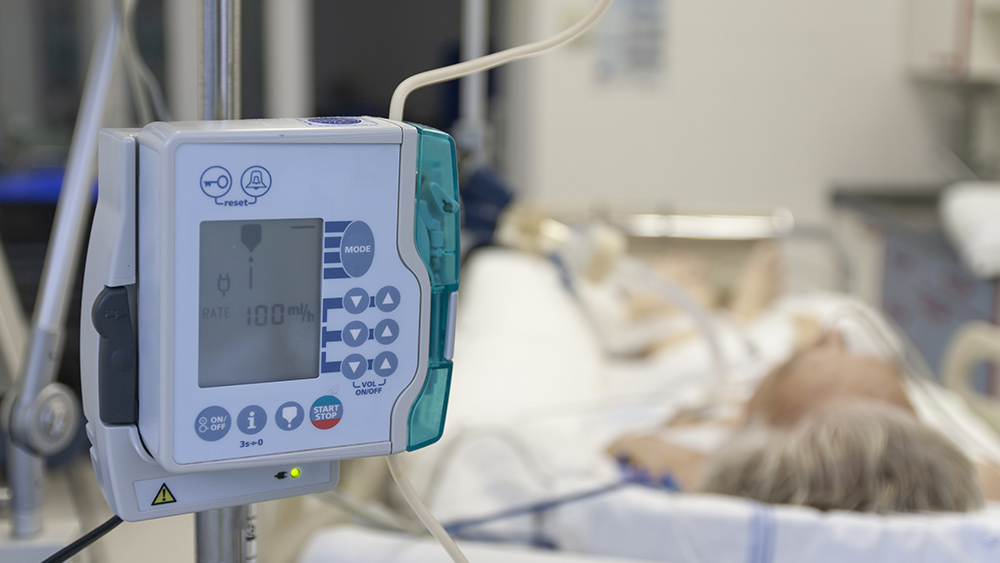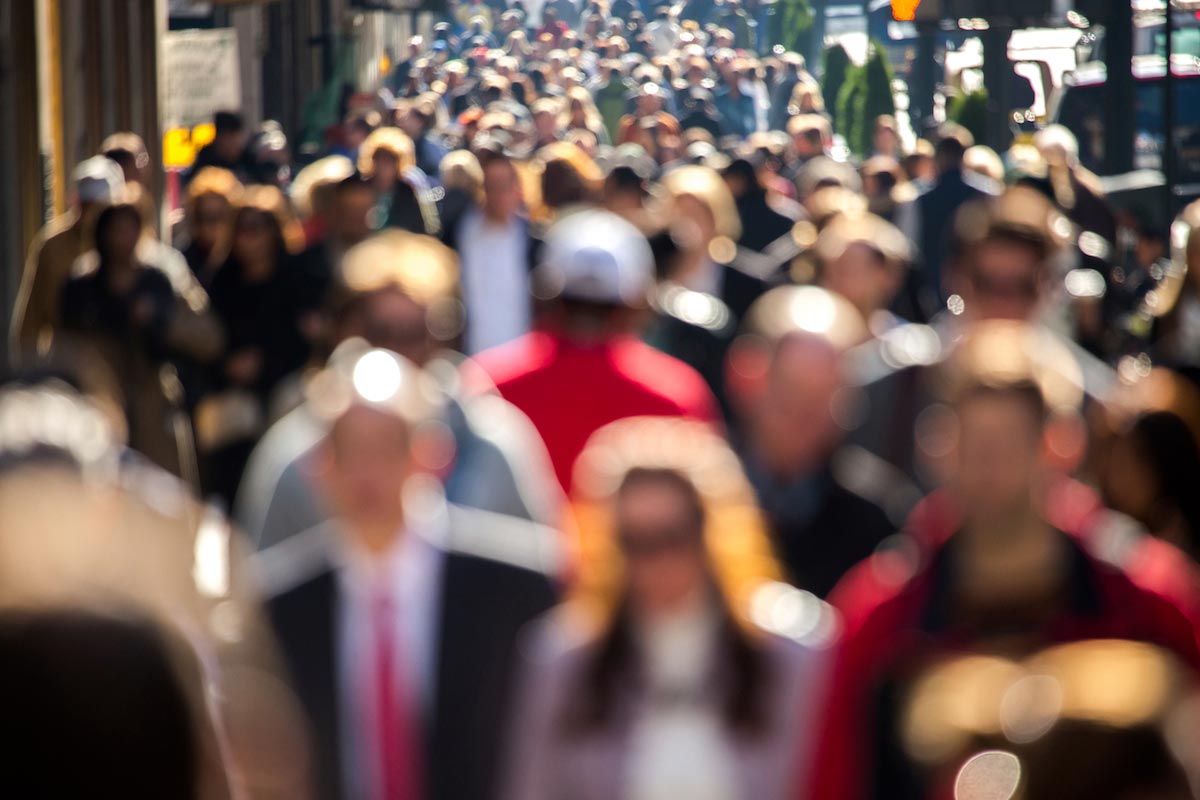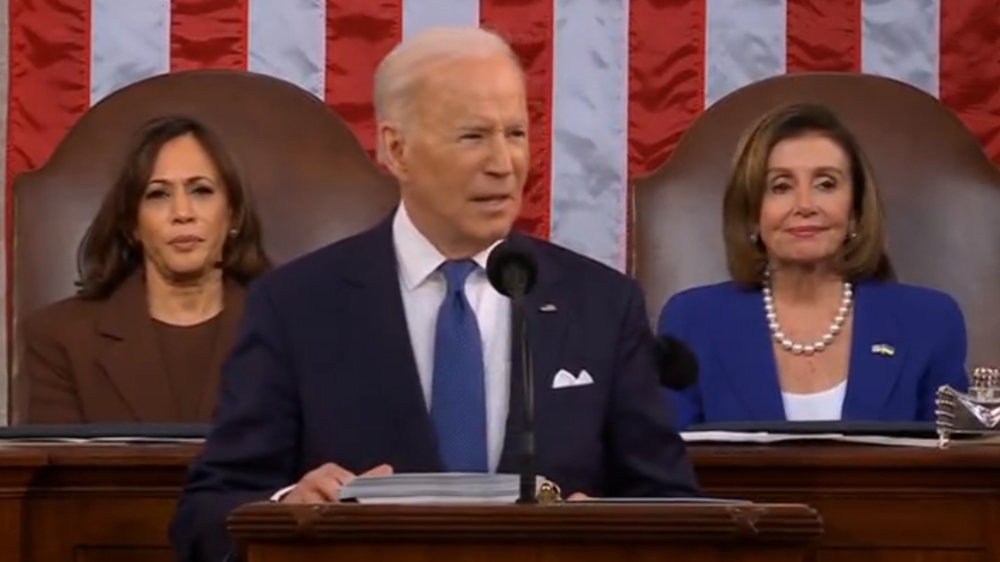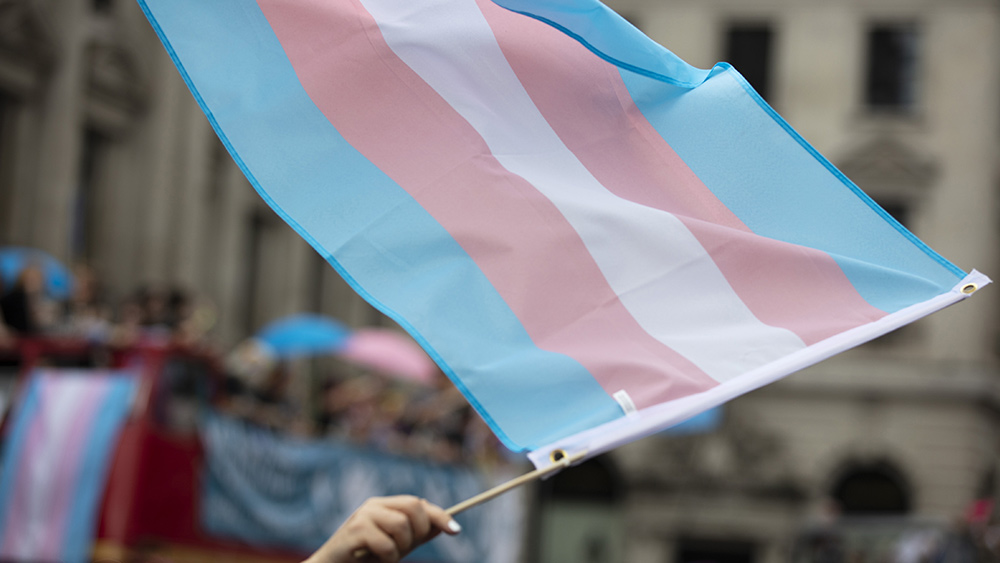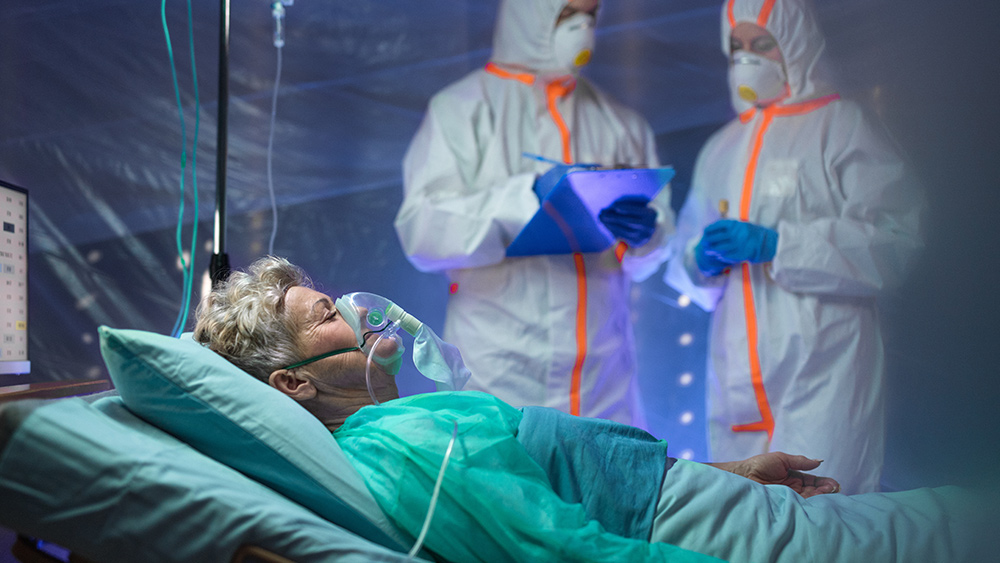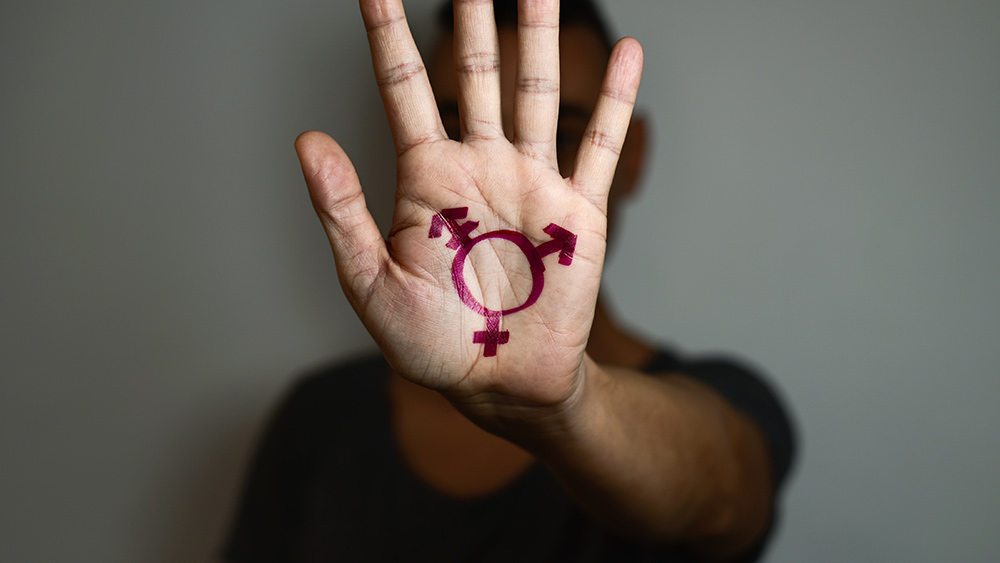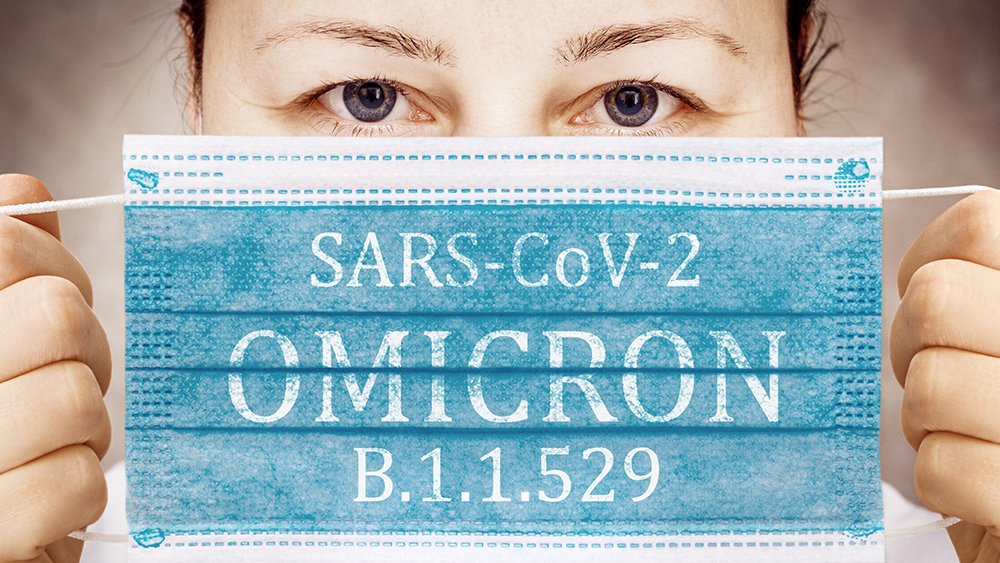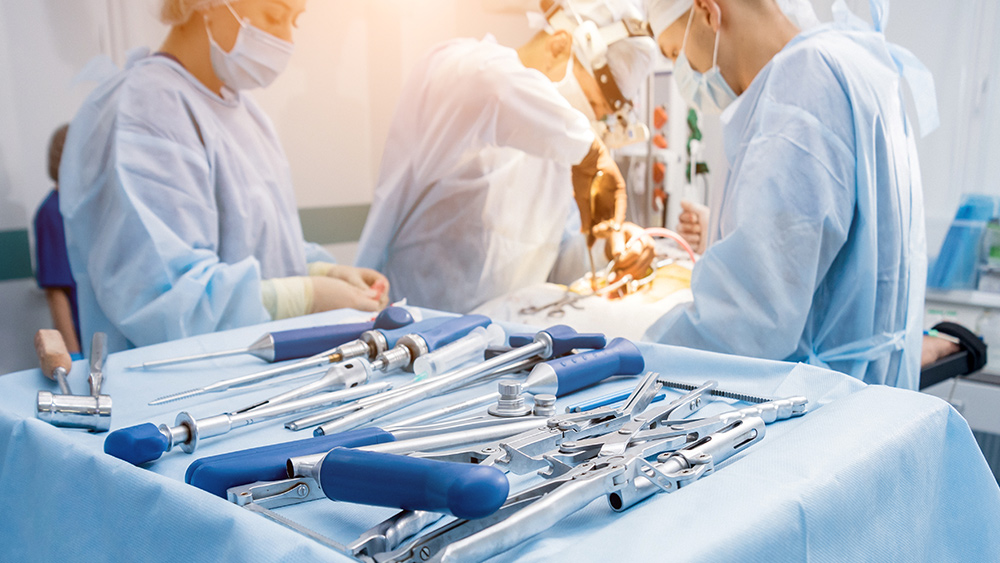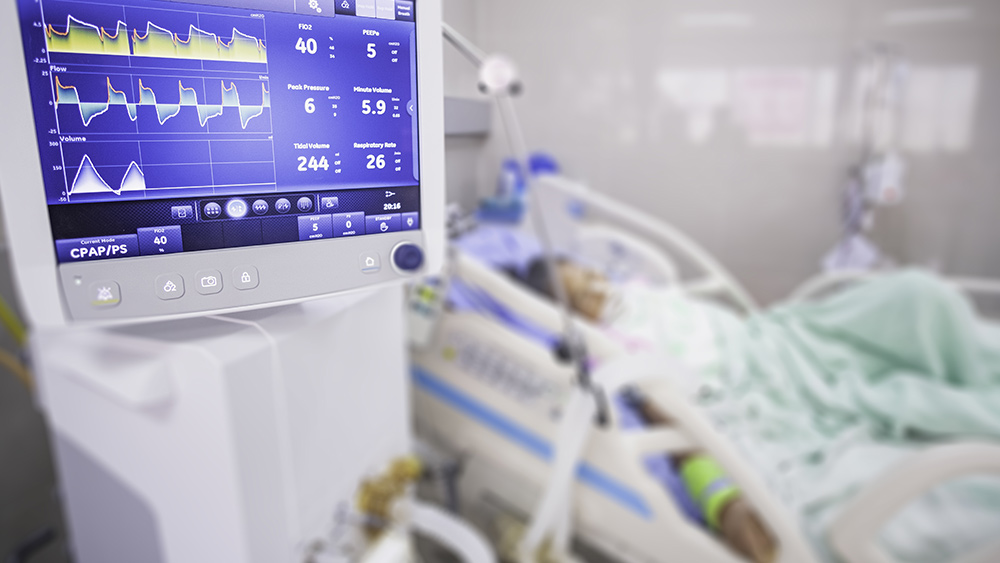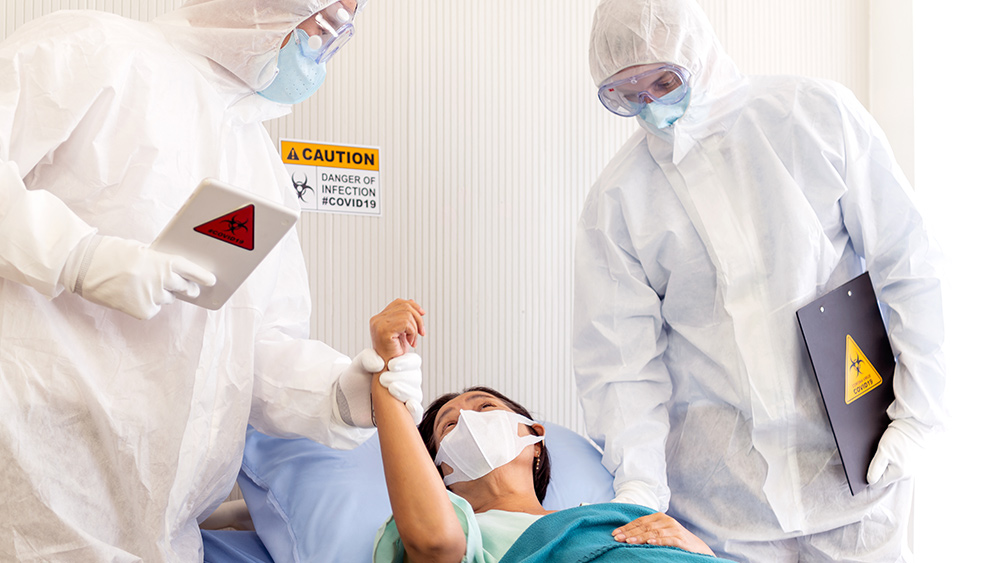Purification rites
05/02/2022 / By News Editors

There’s a concept which I was exposed to a lot while I was transitioning: “testosterone poisoning”. It’s talked about online and in trans spaces, and is pretty common; I’ve seen multiple trans women wearing “I survived testosterone poisoning” t-shirts.
(Article by Tree republished from CutDownTree.Substack.com)
The idea is that, for male-to-female trans people, the testosterone naturally produced by their bodies is toxic. It makes them grow hair, causes their bodies to develop in a masculine direction during puberty, deepens their voices, changes how they smell, increases their libido, and often makes them more aggressive and prone to anger. Later in life, it can cause male-pattern baldness. These changes are upsetting and confusing to many young boys as they enter puberty, but most of them learn to cope with, and even appreciate, the changes that come to their body as they grow into adults.
I didn’t get that chance, and never will.
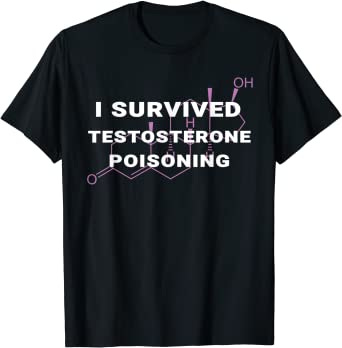
I was terrified of what testosterone was doing to me. I didn’t want to be a man. I didn’t want to be big and hairy. Men scared me. I’d seen my mom assaulted when I was young, and I didn’t want to be like the man who’d done that to her. The idea of testosterone poisoning made sense to me because maleness itself terrified me. I’d been bullied a lot in school by other boys, and a lot of that bullying involved sexual abuse–groping, inappropriate touching, striking my butt and genitals, and verbal harassment (wolf-whistling and yelling sexual comments at me). These, I felt, weren’t the sorts of things that happened to men. My suffering was only legible if I was a woman.
This background made me vulnerable to the ideology of transgenderism. I had no friends in high school and spent a lot of time online, and I was exposed to the burgeoning social justice/woke movement before it entered the mainstream. When I connected to the internet, I was inundated with messages about the violence of maleness. This wasn’t just “toxic masculinity”–I saw feminists saying all masculinity was toxic, that all men were rapists, all men were oppressors, all men should be killed. As a white man, I was directly responsible for all of the oppression experienced by women and people of color. I was fourteen years old and had never been in a fight in my life or said a racist or misogynistic word to anyone, but I believed that the circumstances of my birth made me a monster. I wasn’t mentally mature enough to think critically about these ideas, or to take them as anything but literal fact. (Literal thinking is common among autistic people, and I would be diagnosed with autism a few years later.) I believed, all the way down to my core, that all men were evil and all women were unimpeachably virtuous. This was black-and-white thinking; it’s one of the reasons why so many autistic people are transitioning. I believed that my very existence was sinful.
I picked up these messages from the internet because I was a chronically online loner. Now this stuff is everywhere, online and off. Is it any surprise that teenagers (frequently autistic teenagers who take everything literally) want to transition when they’re exposed to societal messages telling them “men are bad, men are dangerous to women, only men have power” and “you can change your gender if you want to”? Young boys will want to transition to escape the masculinity they’re being told is harmful and toxic; and while I can’t speak with authority on the subject, I imagine young girls will want to transition to escape the violence they’re being told is around every corner, in the eyes of every man who looks at them, and to access the power they’re being told they’re denied. These hyperbolic, oversimplified distortions of a complicated reality are neither healthy nor empowering, and hurt more than they help. Add that onto the fact that puberty is often a miserable experience, and you have an epidemic of child transition. The same pressures that made me want to transition are everywhere now.
I wanted to transition because my body was my enemy, and my body was the enemy of the world. I hated myself and wanted to punish myself. It was the same feeling that motivates cutting, binge-eating, anorexia, and lashing oneself. My very nature meant I deserved pain. I couldn’t remove my whiteness from myself, but maybe I could remove my maleness. The first step was to get rid of the poison coursing through my body: testosterone, the hormone turning me into an animal and a brute. I needed to purify myself.
When you’re being poisoned by a chemical which makes your mind and body monstrous–when your very soul is at risk–you’ll do anything to make it stop. For me, that meant transitioning. I didn’t have any particular reason to want to be female except that women were better than men–in my mind women were smarter, kinder, more empathetic, more beautiful, more moral. I was attracted to women, and felt guilty about that attraction–straight male sexuality, I was told, was repulsive and rapey and objectifying. If I were a woman, I could be attracted to other women in a virtuous way. Maybe I was fetishizing lesbians, but there was nothing leering about it–I simply believed the things that women online were saying about themselves.
Women also, in my perspective as a confused and traumatized fourteen-year-old, were valuable and worthy of consideration in a way that men were not. When women were sexually victimized by men, they seemed to receive sympathy and caring. People moved mountains to protect them. When I told my dad about the sexual harassment I faced at school, he told me I should punch the next person who did something like that to me. My whole life I’d been told that violence was never the answer, and I believed that. I was a gentle soul. Now, because of my sex, I was expected to use violence to protect myself in a way I had no idea how to do. I didn’t, and if I had I suspect I would’ve been suspended for defending myself and the bullying would’ve gotten exponentially worse when I returned. I didn’t receive any protection. If I couldn’t handle it myself, I deserved what I got.
I perceived that society viewed women as having inherent value (“women and children first!”) and I envied that, because in my life I felt that no one valued me. My transition wasn’t driven by fetishism or misogyny. I was just a lonely, wounded child. All I really wanted was to be loved.
Still, teenagers try on a lot of different identities and beliefs. I’d already had a militant atheist phase. This trans phase might have also passed on its own–if it weren’t for the Queer Youth Center. An organization in my area offered resources for “queer youth”, including community groups and sex ed. Opting into a trans identity didn’t just mean aligning myself with some vague concept of female goodness, it also gave me a community of friends when I had none. I met my first girlfriend (she called herself a lesbian) at the Queer Youth Center. I went from being utterly alone to being surrounded with love. Adults at the Queer Youth Center affirmed my identity, introduced me to trans activists, and encouraged me to engage in activism myself. (The activism is a central part of the trans movement–these people don’t want you to just transition, they also want you to spread the ideology. This moral drive to proselytize is part of how the movement has spread so quickly.) While I can’t remember if I was ever urged to medically transition, there was definitely a sense that medical transition was the “next step” after adopting a trans identity. I didn’t even need that much motivation. People cared about me. I had friends. I was sold.
So I had to transition, which meant I had to convince my parents and doctors to let me transition. Remember, I had been convinced by online hyper-left rhetoric that my soul was on the line here, so nothing was off the table. Adult trans people online gave scripts for how to talk to parents and doctors when you wanted to access trans medical care. I dug through my memories, searching for evidence of a good, gentle female soul buried deep inside my awful, twisted male body. When I was a kid I tried on my mom’s sandals. I wore nail polish with my mom and sister. When my mom was nursing my sister, I tried to mimic what she was doing by holding a doll to my chest. I didn’t like haircuts that made me look too masculine. I used these isolated incidents to construct a narrative, and I even convinced myself it was true. I also convinced myself–following the guidance of online transsexuals–that I’d kill myself if I didn’t transition. I made suicide threats. I claimed that I’d buy hormones off the black market (again, adult trans women on the internet told me how I could do this if I needed to). I begged, pleaded, and threw fits. Health care providers told my parents that I was trans, that transitioning was the best thing for me, that it would be good for my health. I got my mom on my side, and together we talked my dad into letting me start puberty blockers at 15, after I’d banked sperm (thank God they made me preserve my fertility, because I wouldn’t have done it myself) and estrogen at 16. Even this was too slow for me. Every day, my body was masculinizing. Every day, that slow drip of poison was mutating me into a bestial horror.
I wasn’t old enough to understand what I was doing to myself. I didn’t realize what I was giving up, how permanent these changes I was making were. But I hadn’t yet made the worst decision of my life. That would come a few years later, when I decided to have myself castrated.
I was about 20. (I remember being 21 when I got the surgery, while my mom remembers me being 19, and I really don’t want to dig up medical records to check–even writing about it conjures traumatic memories.) I no longer cared about being female, but the fundamental self-hatred was still there. I’d chosen a new name–I’d chosen a lot of new names, and none of them stuck–and was telling people to use “they/them” pronouns for me. I wanted to have my testicles removed. They were the source of testosterone, the source of the poison I had to take medication to block. They were symbolic of everything I hated about myself.
No responsible doctor should have performed this surgery. I was frequently changing my name and identity. I had no clear conception of who I was or what I wanted. The delusional thinking which began with me believing I was a woman deep down had morphed into something stranger and darker, encouraged by a trans woman who’d struck up a friendship with me when I was fifteen and they were in their mid-twenties. I saw myself as a being of water and light, an angel imprisoned in a filthy human body. I resented having to eat, sleep, piss, and shit. I particularly hated having sexual desires and wanted to be rid of them. I’d been diagnosed with autism, and would later be diagnosed with OCD. That OCD manifested as a constant fear that my testicles would get tangled up and somehow kill me in my sleep (I told the doctors about this and it didn’t raise any red flags). Shortly before the surgery, I’d briefly tried to detransition in a moment of lucidity, but I didn’t have a supportive community waiting on the other side to welcome me. After a few months of loneliness, scary changes to my body, and a significantly increased libido that didn’t know how to handle, I fled back to the neutering medication and the open arms of my local trans community. All of this should have screamed to any sane person that I wasn’t in a mental state where I could understand what this surgery meant or fully consent to it. I needed serious psychiatric help and deprogramming, not to have my balls cut off so I could more closely resemble the sexless angel I wanted to be.
I saw the surgery as a rite of purification. I felt that by removing a part of myself I would become whole. Years of online grooming and ideological brainwashing had made me delusional, but no one pushed back on it. I heard, through my mom, that my dad was worried about me, but we never spoke about it. I can’t remember if he tried; if he did, I’m sure I wasn’t receptive. What did he know? The doctors were happy to go through with it, and they had medical degrees. So I took two weeks off work, went into the hospital, and had my balls cut off.
They called the surgery an “orchiectomy”, but these days I think of it as a castration. I sometimes have nightmares about waking up afterwards. In my dreams I scream and scream, I run through the hallways howling and begging for them to undo it, to fix me, to make me right again. In reality, I stuffed all my feelings of grief, regret, and horror as far down as they would go. My testicles were gone. My healthy endocrine system, which would have begun to function again if I’d ever gone off medication, had been destroyed. For several years I lived with severe cognitive dissonance, constantly pushing away any negative feelings about the surgery, but eventually I had to admit to myself what had happened.
I hadn’t cleansed myself, I’d ruined myself, and I’ll never get back what I lost. I’ve made myself permanently reliant on the pharmaceutical industry for artificial testosterone which will never be as good as the real thing and which can be taken away in a heartbeat if I ever lose my insurance or there are problems with the supply chain. I still have phantom pains, and probably always will, as well as intense cramping in my groin when I do certain exercises. I wasn’t warned about any of this by the doctor who performed my surgery.
For many people, transition is an obsessive quest to compulsively eradicate one’s own sexed characteristics. It’s born from ideology, self-hatred, trauma, and grooming by online strangers. Gay, autistic, mentally disabled, and gender non-conforming teenagers, as well as victims of sexual violence, are the most affected. Pharmaceuticals and plastic surgery investors are getting rich off of the butchery, mutilation, and mass sterilization of these vulnerable and traumatized populations. Doctors and therapists who assist people in transition aren’t providing care, they’re enabling self-harm and practicing eugenics.
A transition is never done. There’s always more surgeries, new treatments, more work to do. You can never carve away enough pieces of yourself to be satisfied. You can never rid yourself of the fundamental facts of your own biology. You can never be cleansed of sin.
The end goal of transition isn’t self-actualization. It’s self-annihilation.
Read more at: CutDownTree.Substack.com
Submit a correction >>
Tagged Under:
bad doctors, brainwashed, culture wars, gender issues, identity politics, indoctrination, insanity, left cult, lgbtq, medical violence, propaganda, testosterone poisoning, transgenderism, transhumanism, truth
This article may contain statements that reflect the opinion of the author
RECENT NEWS & ARTICLES
DangerousDoctors.News is a fact-based public education website published by DangerousDoctors News Features, LLC.
All content copyright © 2018 by DangerousDoctors News Features, LLC.
Contact Us with Tips or Corrections
All trademarks, registered trademarks and servicemarks mentioned on this site are the property of their respective owners.


